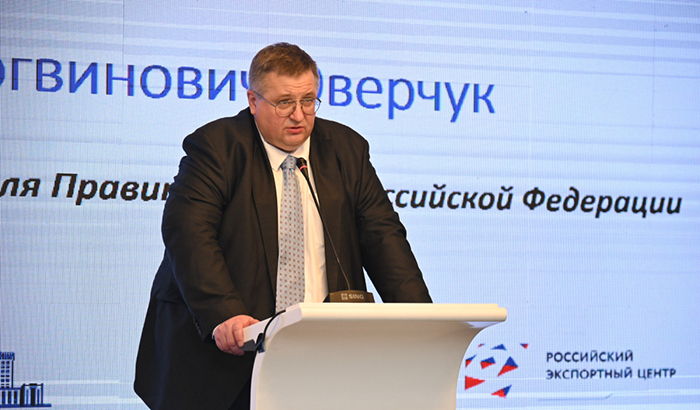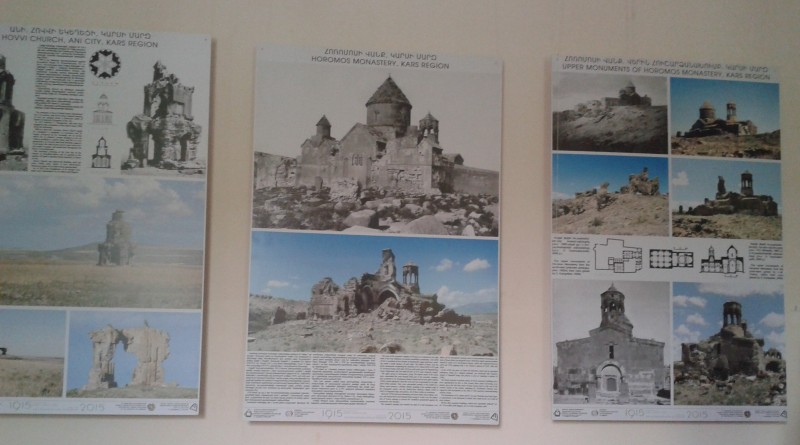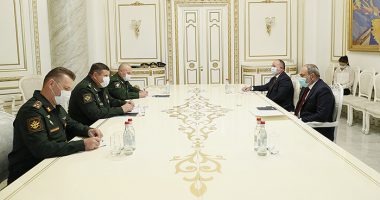MOSCOW — Russian Deputy Prime Minister Alexei Overchuk has out Azerbaijani control of a crucial overland route crossing Armenia and called withdrawal of Azerbaijani forces to their initial positions.
In a lengthy interview with Rossiyskaya Gazeta published on Friday, Overchuk stressed that a Russian-Armenian-Azerbaijani task force has never discussed any “extraterritorial corridors” seemingly demanded by Azerbaijani leaders.
He effectively ruled out Azerbaijani control of a planned overland route to connect mainland Azerbaijan with Nakhichevan via Armenia, saying, “Sovereignty over the road (will be) exercised by the country through whose territory the road passes.”
Overchuk, alongside his Armenian and Azerbaijani counterparts, Mher Grigoryan and Shahin Mustafayev, heads a joint working group on opening regional transit routes. Nothing has come of the group’s work so far.
“It is important that in the course of the negotiations a principle was worked out, which formed the basis of approaches to defining this [transit] regime,” Overchuk told the state-run newspaper Rossiiskaya Gazeta. “The principle is: ‘Sovereignty over a road is exercised by the country through whose territory the road passes.’ This means that if the road passes through Armenian territory, then this is an Armenian road, if [it passes] through Azerbaijani territory, then it is Azerbaijani.”
“Russia has always supported the principle of the sovereignty of the parties,” he said, adding that it stems from the Armenian-Azerbaijani agreements brokered by Russian President Vladimir Putin.
“This means that at the negotiations of the Trilateral Working Group of the Deputy Prime Ministers, there is and there can be no talk of any ‘extraterritorial corridor’ that would infringe the sovereignty of any of the parties in any way,” stressed the Russian vice-premier. “In practice, the implementation of this principle means that in order to enter the territory of Armenia from Azerbaijan via unblocked or newly built roads, border and passport control measures will be the same as, for example, when entering Armenia from Iran.”
Overchuk’s remarks came two weeks after large-scale fighting on the Armenian-Azerbaijani border that left at least 280 soldiers from both sides dead. Armenia’s leaders say Baku resorted to the military action in a bid to force Yerevan to fully accept the Azerbaijani terms of a bilateral peace treaty and to open the “exterritorial corridor” for Nakhichevan exclave.
Overchuk also emphasized the fact that Armenia is a member of the Eurasian Economic Union (EEU).
“In the [Russian-Armenian-Azerbaijani] negotiations we proceed from the fact that Armenia belongs to the EEU’s common customs area,” he said. “For us, the customs border of Armenia is also the customs border of Russia, while the customs border of Russia the customs border of Armenia.










